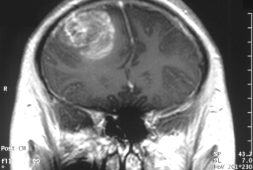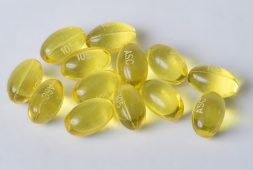9. May help lower cholesterol levels

If you have excessive cholesterol, a plant rhizome used as a cooking spice may help lower it. Ginger has traditionally been used to treat headaches, nausea, vomiting, motion sickness, and arthritis. Ginger may reduce inflammation, which is why some researchers believe it is good for your heart and lowers high cholesterol. More research is needed to establish this, though. According to the authors of a 2013 study published in the journal “Food and Function,” the process by which ginger may lower cholesterol is well understood by scientists and other researchers. They explain that ginger triggers an enzyme that both boosts and decreases your body’s utilization of cholesterol. If you have high cholesterol, using a plant rhizome as a cooking spice may help lower it. Ginger has been used to cure headaches, nausea, vomiting, motion sickness, and arthritis for centuries. Because ginger may reduce inflammation, some studies feel it is beneficial to the heart and lowers high cholesterol. More research is needed to confirm this, though. The process through which ginger may lower cholesterol is well understood by scientists and other researchers, according to the authors of a 2013 study published in the journal “Food and Function.” According to them, ginger activates an enzyme that both increases and decreases your body’s usage of cholesterol. Ginger comes in a variety of forms, including fresh or dried ginger root, as well as ginger oil, extract, and capsules. Make ginger tea by boiling fresh ginger root, sliced or peeled, for 10 to 20 minutes, then straining the ginger and drinking the water as tea. Ginger can be used to season baked goods, soups, chicken, and fish. In the vegetable section, look for firm ginger with a spicy fragrance and smooth skin free of cracks. Cooking with ginger is generally safe for most people, but consult your doctor if you have a health concern or want to take a ginger supplement. If you don’t have high cholesterol, you probably don’t need to start taking ginger on a daily basis to lower it. If you take too much ginger, it may interfere with some drugs or produce bad consequences. When taking a supplement, the University of Maryland Medical Center suggests no more than 4 grams of ginger, or 2 tablespoons powdered. Pregnant women should limit their ginger consumption to 1 gram (1/2 teaspoon powdered) each day. If you are using a ginger supplement, such as a capsule type of ginger, read the package.



